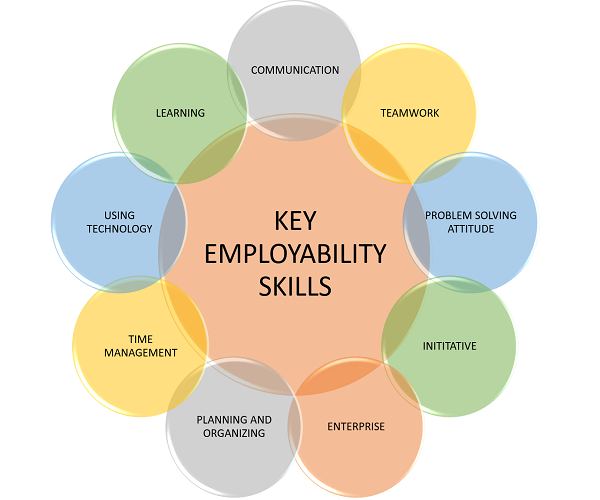During your student life you might not give a lot of thought to your future career path but it’s never too early to explore your career options.
Career options
Ask yourself a few questions:
- What occupations and industries can I work in with this degree?
- What knowledge, skills, qualities and experience are required?
- What further experience and study options are available?
You need to understand how your degree is valued by industry and the type of jobs you can do. Take a good look at the job market; you are may discover opportunities you had not thought about and some of which may not be directly related to your degree but are interesting. Take actions:
- Research different careers and occupations
- Explore pathways of previous graduates
- Gain exposure to different workplaces and roles
- Connect with employers.
Periodically review your career paths and prioritise realistic options. Identify the skills and experience you need to develop and how you will gain those. Identify who can assist you in this process. Develop effective job search strategies and become skilled in application, selection and interview processes.
Our Placement Cell is here to guide you on career and employment opportunities.



